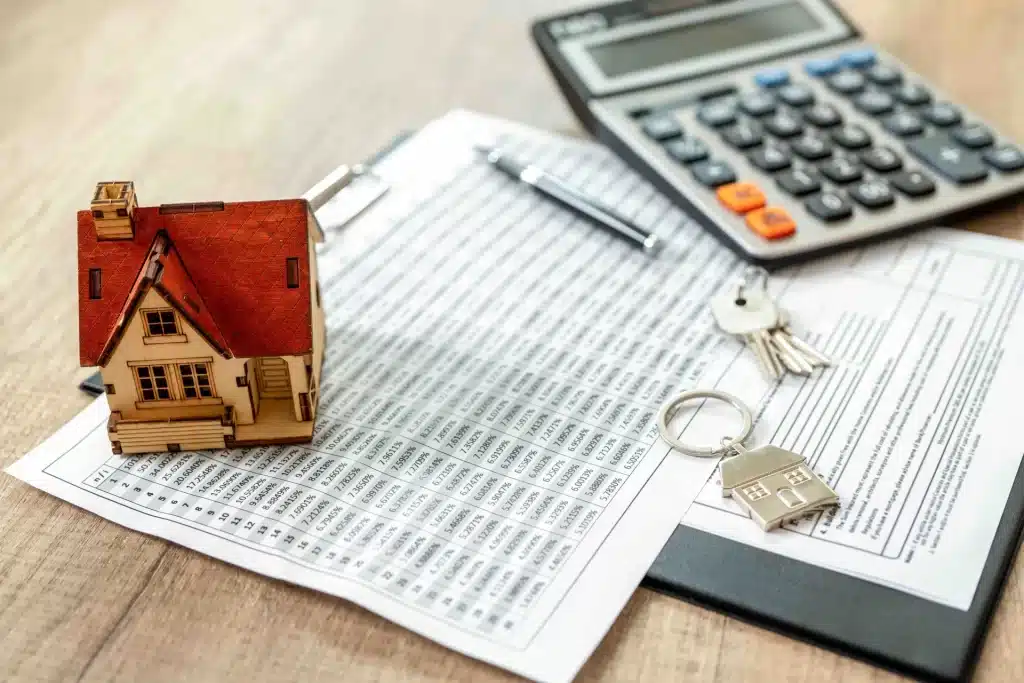- 🏡 The median existing U.S. home price was $385,300 in the first quarter of 2024, up 21.2% over the past three years.
- 📈 Prices in popular vacation areas have soared even more, with Naples, Fla., up 41.7%, and San Diego area up 28.5%.
- 🏖️ Your tax liability depends on how you’ve used your second home – rental vs. personal use.
- 🏠 Selling a vacation home doesn’t qualify for the same tax breaks as selling a primary residence.
- 💸 Federal capital gains tax ranges from 0% to 20%; high earners may pay an additional 3.8% Medicare surcharge.
- 📑 Keep records of major improvements to deduct them and reduce taxable gains.
- 🛠️ Improvements like a new kitchen or bathroom can increase your cost basis and lower capital gains taxes.
- 📉 Depreciation deductions for rental properties can impact taxes when sold, with a rate capped at 25%.
- 💉 High gains can increase your Medicare premiums due to the income-related monthly adjustment amount (IRMAA).
- 🔄 Consider strategies like moving in to your vacation home before selling or a 1031 exchange to defer taxes.
Selling a vacation home can be a profitable venture, especially given the recent surge in real estate prices. However, this financial gain may come with several tax surprises that could significantly impact your net profit. In this comprehensive guide, we’ll delve into the key factors influencing your tax liability when selling a vacation home and offer strategies to minimize the tax burden.
The Rising Prices in U.S. Real Estate
The U.S. real estate market has seen significant growth in recent years. The median existing home price reached $385,300 in the first quarter of 2024, marking a 21.2% increase over the past three years. This trend is even more pronounced in popular vacation areas. For instance:
- Naples, Fla.: Median home price up 41.7%, to $850,000.
- San Diego area: Median home price up 28.5%, to $981,000.
The Impact on Tax Liability
When selling a vacation home, your tax liability depends on how the property has been used. The distinction between rental and personal use is crucial in determining your tax obligations.
Rental vs. Personal Use
- Rental Use: If you or a family member have lived in the property for 14 days or fewer per year and rented it out at fair market value for the rest of the time, it’s considered a rental property.
- Personal Use: If you’ve primarily used the property for personal enjoyment, it’s classified as a vacation home.
Tax Breaks and Capital Gains
Unlike primary residences, vacation homes don’t qualify for the same tax breaks when sold. Couples filing jointly can exclude up to $500,000 of gains from their primary home sale, and single filers can exclude up to $250,000. These exclusions do not apply to vacation or rental properties.
Capital Gains Tax Rates
- Federal capital gains tax ranges from 0% to 20%, depending on your income level.
- High earners may face an additional 3.8% Medicare surcharge.
For example, if you bought your vacation home for $250,000 and sold it for $850,000 after 10 years, your capital gain would be $600,000. With a 20% capital gains tax, you would owe $120,000 in taxes.
Important Deductions to Consider
Maintaining detailed records of major improvements can help reduce your taxable gains. Qualified improvements include significant upgrades like new kitchens or bathrooms.
Calculating Adjusted Cost Basis
Your cost basis can be increased by the amount spent on these improvements. For example:
- Initial purchase price: $250,000
- Major improvements: $60,000 (e.g., $40,000 addition plus $20,000 roof replacement)
- Adjusted cost basis: $310,000
- Taxable gain: $850,000 (sale price) – $310,000 (adjusted cost basis) = $540,000
- Capital gains tax (20% of $540,000): $108,000
Depreciation Rules for Rental Properties
If you have rented out your vacation home, you likely claimed depreciation deductions, which can amount to a significant annual tax benefit. However, upon sale, you’ll have to recapture this depreciation and pay taxes on it.
Depreciation Recapture Tax
- Real estate depreciation is capped at 25%.
- Example: If you claimed $50,000 in depreciation over the years, you’d pay up to 25% in taxes on this amount, translating to a $12,500 tax bill.
Medicare Premiums and IRMAA
Large gains from selling your vacation home can impact Medicare Part B and Part D premiums due to the Income-Related Monthly Adjustment Amount (IRMAA). Your IRMAA is based on your income from two years prior and can increase your monthly premiums significantly.
Strategies to Reduce Tax Liability
Convert Vacation Home to Primary Residence
By residing in your vacation home for at least two years out of the five years before the sale, you may qualify for the same tax exclusions as selling a primary residence.
1031 Exchange
A 1031 exchange allows you to defer capital gains taxes by swapping your property for another of similar value. However, the new property must be held for at least two years.
Conclusion
While selling a vacation home can result in substantial profit, it’s essential to prepare for potential tax surprises. Keeping meticulous records of your property’s use and improvements, understanding the implications of depreciation, and exploring tax deferral strategies like the 1031 exchange can help mitigate your tax liability. Ultimately, a proactive approach will ensure you can enjoy the financial gains from your investment without unexpected tax burdens.






